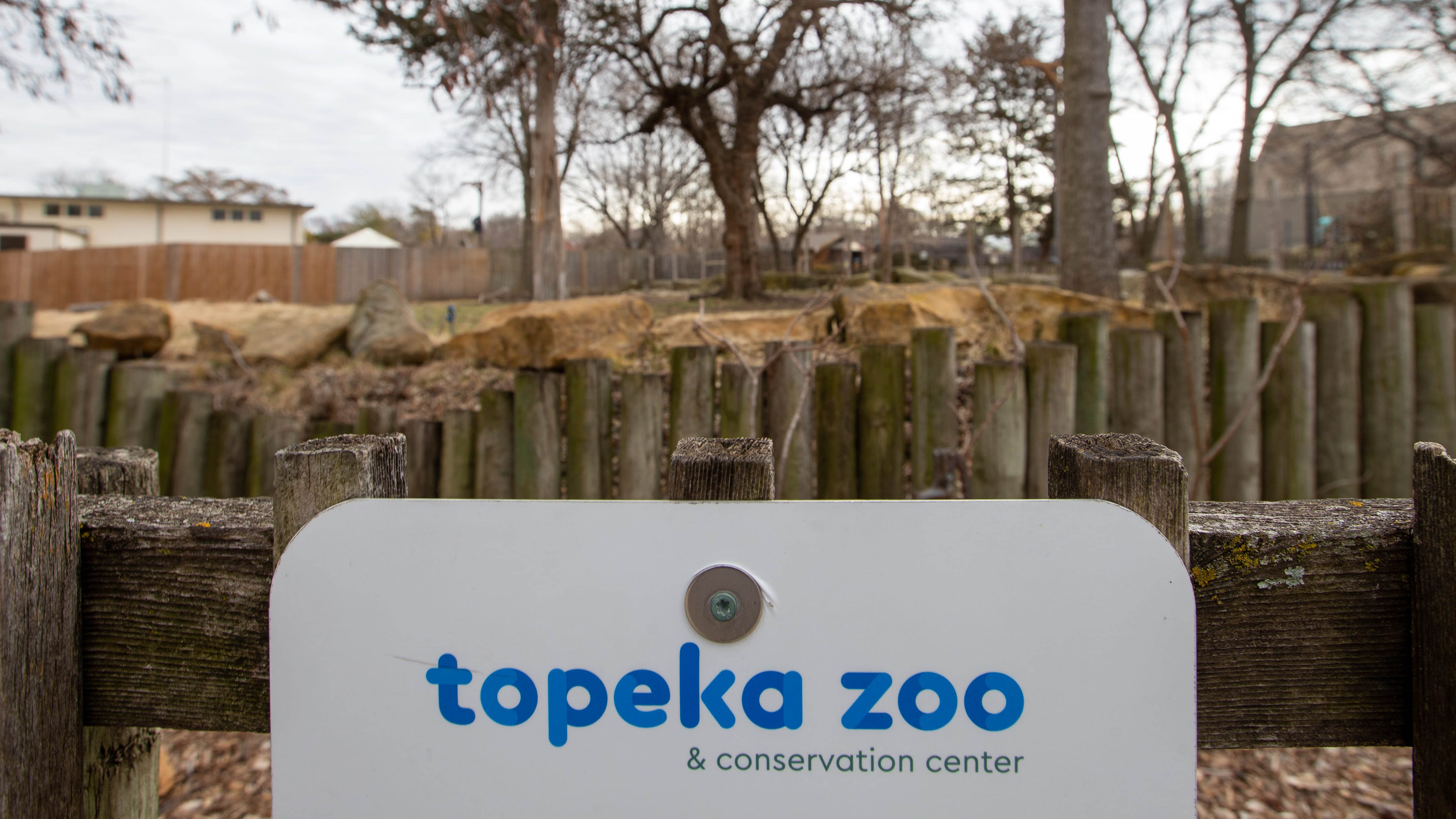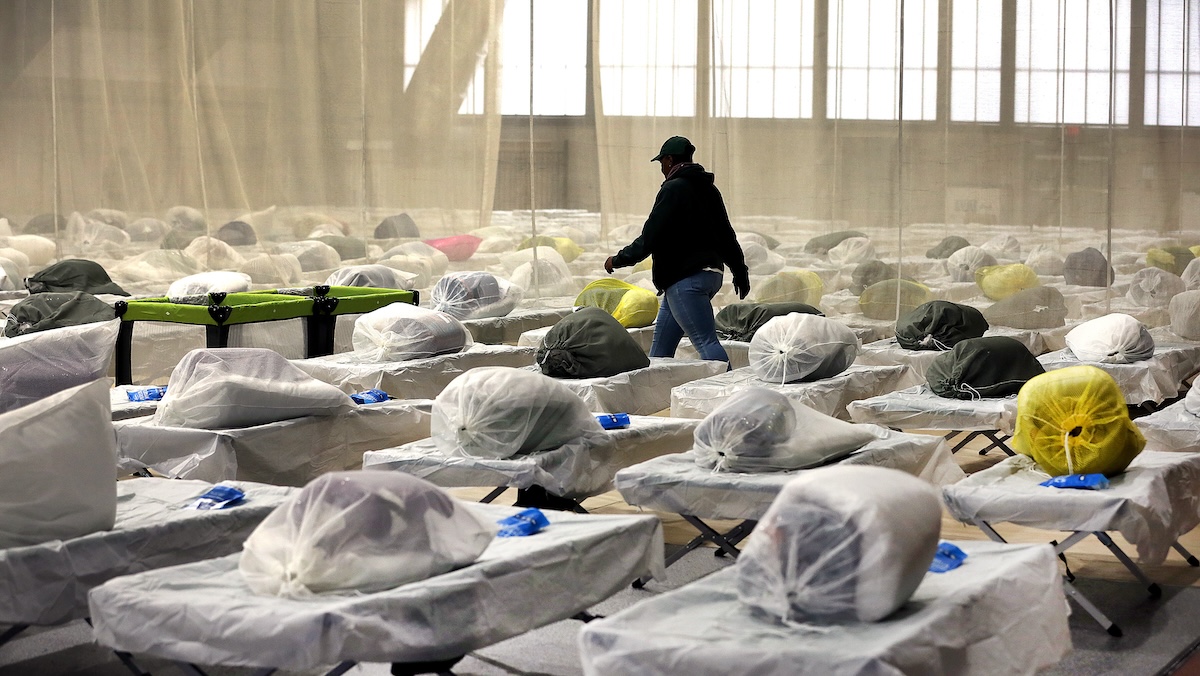A coalition of human rights groups is calling for Congress to investigate alleged “shadow police units” they say are operated by the U.S. Border Patrol to cover up wrongdoing by its own agents.
The Southern Border Communities Coalition, a network of organizations in California, Arizona, New Mexico, and Texas say they sent a letter to Congress, “To sound the alarm on the dangerous overreach of the illegal operation of U.S. Border Patrol’s unlawful Critical Incident Teams.”
Attorney Andrea Guerrero representing Alliance San Diego said, “These agents have been allowed to get away with everything including murder for the last 35 years.”
Guerrero said the alleged corruption of the so-called shadow police units was brought to light recently because of a San Diego case that happened years ago.
Get Boston local news, weather forecasts, lifestyle and entertainment stories to your inbox. Sign up for NBC Boston’s newsletters.
In May 2010, Anastasio Hernandez Rojas died at the hands of border patrol agents at the San Ysidro Port of Entry.
An eyewitness video showed he was beaten and tasered by border patrol agents while handcuffed and on the ground. None of the 12 agents were criminally charged, and Guerrero said that is because the border patrol’s Critical Incident Teams covered up and even destroyed evidence.
The letter asks Congress to investigate the Rojas case and others in which these teams had access to evidence, and the potential to tamper with it.
“They have been covering up, destroying evidence, and interfering with legitimate investigations in order to protect agents,” Guerrero said. “They have been killing and abusing community members for years.”
The Customs and Border Protection (CBP) agency sent NBC San Diego a statement denying the allegations and defending its Critical Incident Teams, writing in part, that these teams have “specialized evidence collection capabilities” and are made up of highly trained personnel available to respond around the clock. The teams sometimes assist state and federal law enforcement and are “vitally important because incidents often occur in remote locations and many other agencies may be unwilling or unable to respond.”
U.S. & World
“That is simply not a satisfactory answer,” said Guerrero. “They cannot give the authority to themselves, only Congress can give a federal agency authority to investigate itself.”
Guerrero is now taking this to an international tribunal alleging human rights violations against the United States.
“It’s a landmark case that has captured the attention of the international community and its high time Congress look at it themselves,” she said.
Guerrero said if the tribunal rules against the U.S. in the Rojas case, it could mean a policy change and a recognition of wrongdoing. She hopes it will mean the Rojas case will be reopened, and this time charges will be filed for obstruction of justice.
CBP's full statement is below:
CBP stresses honor and integrity in every aspect of our mission and expects officers to adhere to the oath they take to uphold the laws of this country, whether on or off duty. CBP also has strong accountability measures in place to promptly review all use of force incidents cooperating closely with other local, state, and federal agencies with investigative interest. Responses to use of force incidents can be complex and frequently involve overlapping investigations carried out by numerous entities.
As part of the Department of Homeland Security (DHS), CBP has a multi-tiered oversight framework in place to address allegations of misconduct involving agency personnel. Allegations of serious and criminal misconduct are initially referred to the Office of Inspector General (OIG) and may be investigated by that office or CBP’s Office of Professional Responsibility (OPR). Complaints involving mismanagement or less serious misconduct may also be assigned to fact finders trained by OPR within CBP’’s operational components. In addition, the DHS Office for Civil Rights and Civil Liberties (CRCL) and Office of Immigration Detention Ombudsman (OIDO) may also investigate or review specific allegations of misconduct or broader agency activities.
CBP’s Office of Professional Responsibility (OPR) leads CBP’’ Use of Force Incident Team (UFIT) process, which includes a comprehensive review of incidents leading to the facts and circumstances being presented before CBP’’ National Use of Force Review Board (NUFRB). The NUFRB is comprised of voting members from CBP’s operational components along with representatives of the Department of Homeland Security Office for Civil Rights and Civil Liberties as well as the U.S. Department of Justice Civil Rights Division.The NUFRB reviews serious use of force incidents to determine whether the actions of CBP personnel were consistent with agency policy as well as to identify any training, tactics, or policy issues requiring further review.
The U.S. Border Patrol maintains teams with specialized evidence collection capabilities across the southwest border. These teams consist of highly trained personnel available to respond around the clock to collect and process evidence related to CBP enforcement activities as well as critical incidents. In the case of serious incidents involving CBP personnel, members of these teams are sometimes called upon to assist investigators from CBP OPR and other local, state, and federal law enforcement agencies. This is a vitally important capability as many critical incidents involving CBP operations occur in remote locations where other agencies may be unwilling or unable to respond.
To help ensure key stakeholders, including the public, have insight into CBP’s oversight processes, we are launching a new section on our website allowing easy access to a variety of relevant resources including our annual discipline report, searchable information regarding use of force trends, the results of our National Use of Force Review Board, a copy of our procedures for reviewing in-custody deaths, and public statements regarding each such death during FY21. CBP employees and officers perform their duties with honor and distinction, and we will not tolerate corruption or abuse within our ranks.
-Justin Long, Headquarters Branch Chief, CBP.



